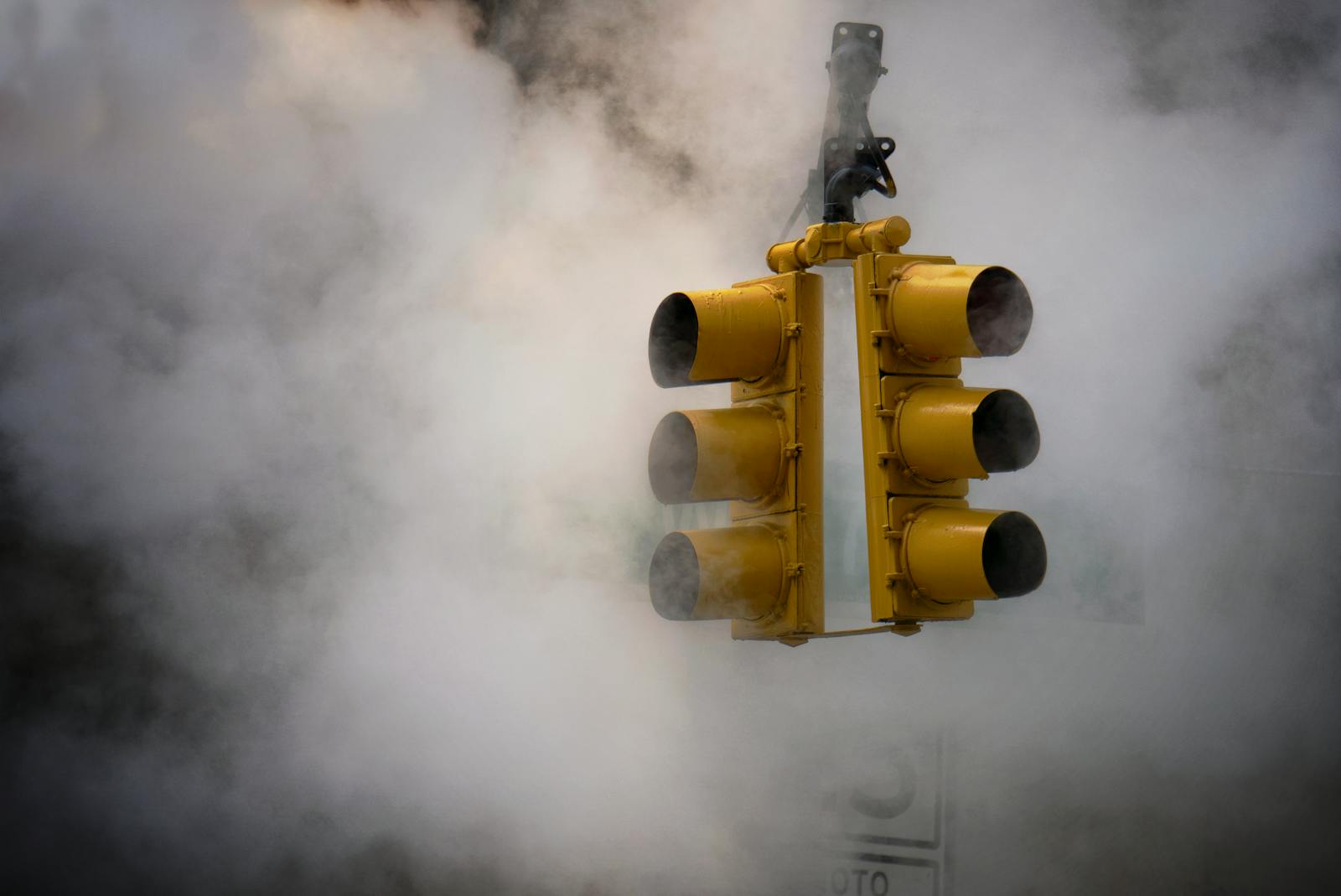Big Oil Could Face Reckless Endangerment Charge In New York

Last week, consumer advocacy groups Public Citizen and Fair and Just Prosecution released a preliminary prosecution memo for New York charging major oil companies and CEOs with reckless endangerment. The memo argues that Big Oil companies like ExxonMobil, Chevron, Shell, and BP knowingly contributed to the climate crisis, with internal documents going back to the 1970s showing unequivocal scientific predictions about the catastrophic effects of global warming, like flooding and deadly extreme weather, that are being borne out today in storms like Hurricanes Helene and Milton.
Moving? People Are Fleeing These Climate Disaster Zones
Vacation plans? Climate Change Is Forcing Ski Resorts To Close Early
According to data compiled by Carbon Majors, ExxonMobil, Chevron, Shell, and BP together account for 11.4% of all fossil fuel emissions generated by humans since the industrial revolution. While attributing extreme weather events to climate change and emissions is a complex science, Big Oil’s industrial activities have had a clear, quantifiable effect on human mortality.
The memo alleges that Big Oil companies actively downplayed their role in increasing emissions and blocked regulatory efforts to curb pollution through widespread disinformation campaigns. Authors of the memo found corporate papers documenting the process by which, through front groups like the American Petroleum Institute, the Information Council on the Environment, and the Global Climate Coalition, fossil fuel companies aimed to make climate change a “non-issue,” and to “reposition global warming as theory (not fact)” – despite internal research demonstrating the opposite.
ExxonMobil gave over $31 million to think tanks denying climate science from 1998 to 2014, while API and other industry groups gave over $1 million to a Harvard astrophysicist to publish research promoting the widely discredited theory that solar variability is a primary driver of climate change. Examples of active disinformation campaigns are plentiful, and difficult to fully quantify.
While dozens of cities and states have filed civil lawsuits against large oil companies in recent years, few have been successfully pursued. Besides the gargantuan legal resources at Big Oil’s disposal, the difficulty is in proving that the generalized, vague risk of increased carbon emissions constitutes reckless endangerment – as opposed to the specific, proximate risk that typically constitutes a charge or reckless endangerment.
In their memo, however, Public Citizen identifies existing New York case law that supports the charges of reckless endangerment for Big Oil. In People v. Vizzini, for example, officials in a firefighters’ union were charged with reckless endangerment for falsifying vote totals to launch a citywide strike, depriving New York City residents fire protection and creating broad risk across a large public. Just like the withholding of fire protection creates risk to life and property for a generalized group, increasing emissions with knowledge of its impact on mortality constitutes depraved indifference to human life and reckless endangerment in the first degree.
Since its release, at least seven New York government officials have endorsed the memo, including New York senate judiciary committee chair Brad Hoylman-Sigal, Brooklyn borough president Antonio Reynoso, and state senator Kristen Gonzalez. Reckless endangerment in the first degree is a class D felony, and carries a maximum sentence of seven years in prison in New York.
Sponsor
Find a Vetted Financial Advisor
- Finding a fiduciary financial advisor doesn't have to be hard. SmartAsset's free tool matches you with up to 3 financial advisors that serve your area in 5 minutes.
- Each advisor has been vetted by SmartAsset and is held to a fiduciary standard to act in your best interests. Get on the path toward achieving your financial goals!






